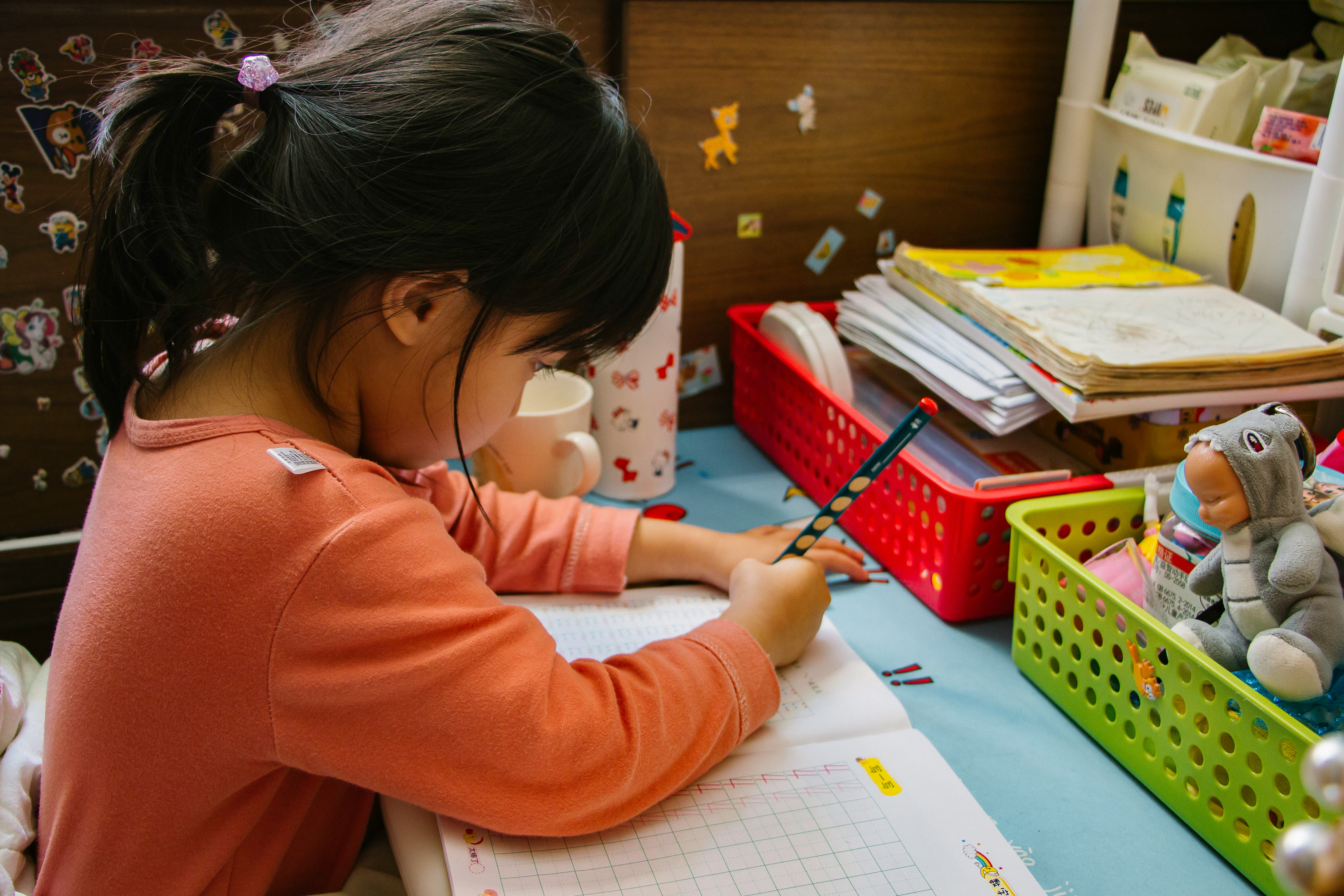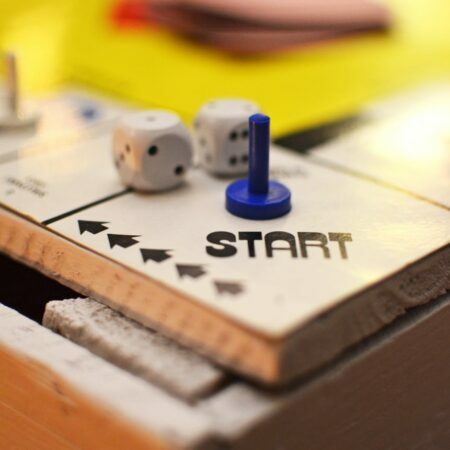With the joy and anticipation that comes with starting a family, having a child also marks a significant change in your relationship and home life. New parents need to realize that preparing for a baby isn’t just about buying baby clothes and new toys. From budgeting for big-ticket purchases to designing the perfect space for your new baby, a new addition to your family requires a great deal of planning.
While some parenting skills, like changing diapers, are best learned on the fly, taking the time to plan before your baby arrives the best way to prepare for the dramatic change in your relationship and home life. To ensure your relationship and home are ready, here’s what you need to know.
Stick to a budget.
Whether you’re thinking about starting a family or you’ve already started musing baby names with your partner, you’ll need to do your homework to prepare your relationship and home for your new child properly. One of the most important things to know before starting a family is the cost of raising a child—according to a USDA report, middle-income families in the United States spend, on average, between $12,000 and $14,000 on child-related expenses annually. The cost is typically higher for newborns, ranging between $20,000 to $50,000 for the first year, depending on the location and household income.
Before having a baby, be sure to assess your finances and take stock of big-ticket purchases you may need to budget for in advance. For example, you may need to set money aside to renovate your home for a nursery, babyproof your home, or buy a stroller. You’ll also need to budget for an increase in regular expenses by considering costs like diapers, formulas, and bottles.
It might be tempting to splurge on toys and cute baby clothes, but the costs of taking care of a new child quickly add up. To cut costs, consider checking in with family members and friends who could share some supplies.
Communicate with your partner.

Starting a family can be a fun and exciting concept, but adding a child to your relationship can also reveal problems that you might not have known existed beforehand. Fortunately, a strong and healthy relationship can usually handle the added stress of a child.
If you maintain a healthy line of communication with your partner, and if you’re truly on the same team, then you can handle the first months and years with a new child. But, for example, if you do more housework than your partner, you might end up feeling stressed, overwhelmed, and resentful toward your partner. Meanwhile, your partner won’t see what the big deal is.
Instead of ignoring potential relationship problems, it’s essential to address any issues before you start planning for your family. For the best results, try sitting down with your partner or scheduling a date night to voice your concerns. Additionally, couples therapy can help you navigate relationship problems and learn healthy ways to communicate with your partner. Remember: you want to raise kids in a loving home, not a resentful one.
Make sure your home is safe and secure.

In addition to making sure you have nursery furniture and baby clothes, you’ll want to check that your home is safe and secure for your new baby. Before bringing your baby home, be sure to check the safety of your baby’s crib. Because many new parents welcome hand-me-downs from family members and friends, some items might be unsafe, and parts may be missing or loose. Make sure to remove any pillows, blankets, and stuffed animals from your baby’s crib to avoid suffocation.
To babyproof your home, start by removing electrical cords from your baby’s reach by tacking them up. Before your baby starts crawling, secure furniture and electronics, such as TVs, lamps, and bookcases, and use protective padding to cover sharp corners.
While babyproofing your home is imperative, it’s also important to make sure your home is structurally safe before starting your family. Whether your roof needs new shingles or your gutters are leaking, investing in premium-quality materials can help you create a safe environment for your new family. According to the experienced roofing contractors at Buccos Roofing, working with a reliable home remodeling company can not only boost your home’s curb appeal, energy efficiency, and longevity but it can also help you achieve exceptional results regardless of your budget. To find out more about durable roofing materials and schedule a home consultation, visit buccosroofing.com.
Revamp your living space.

Even if you’re working with a limited budget, making small changes to your home’s decor can help you refresh and rejuvenate your living space. If you’re not sure how to get started, try bringing the outdoors in. House plants delivery is not only a great way to add a pop of color to your space, but indoor plants can also help you create a relaxing atmosphere and improve your home’s air quality. Lively Root delivers pet-friendly and low-maintenance that are perfect for every space, from lush greenery to colorful bloom sand succulents.
When designing your child’s bedroom, think about the future—don’t design anything to be mini, like a small built-in desk or bed. Before you know it, your kids will have outgrown your renovations. To design the perfect virtual classroom, read up on the best practices for learning online. While a desk isn’t always necessary for academic success, the most important thing is to set aside a consistent spot—like a multipurpose table—for your kids to study, do their homework, and meet with online instructors.
Meanwhile, everything in the bedroom—from toys to books—can become a distraction for children taking online classes. In an article for the New York Times, senior engineering manager Erik Erickson found that his daughter could stay focused during her hour-long Zoom classes. However, she needed supervision while doing homework, “otherwise, it would’ve become toy time.”
Between taking stock of your finances and babyproofing your home, a new addition to your family marks a significant change in your relationship and home life. Above all else, taking the time to prepare your relationship properly and home for your new baby can help take some of the stress out of family planning.









